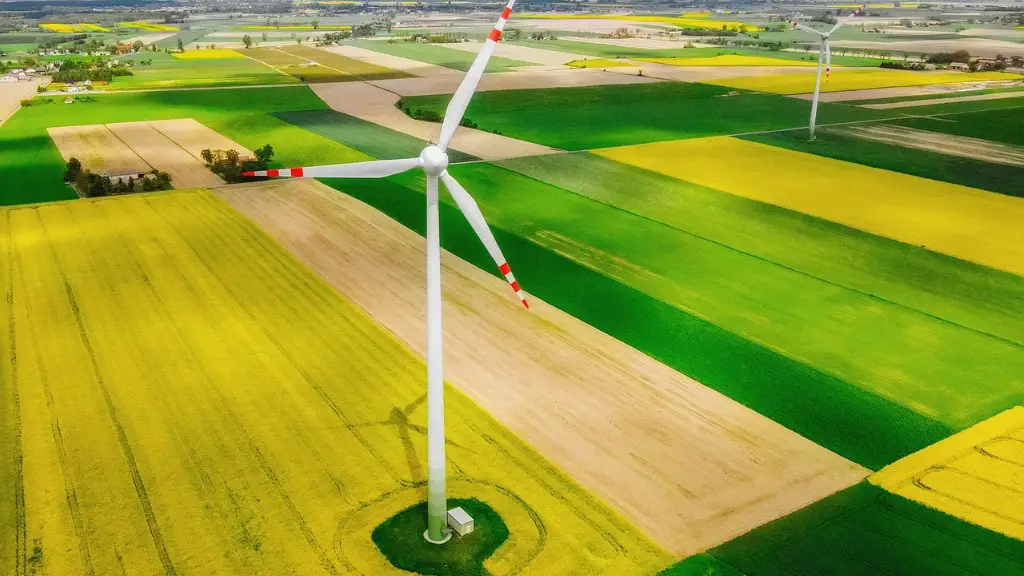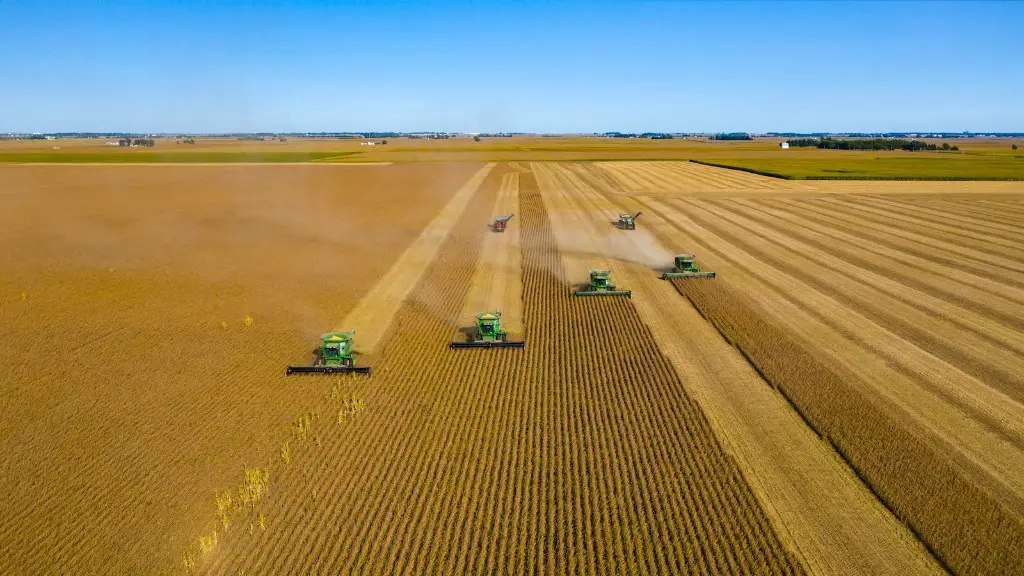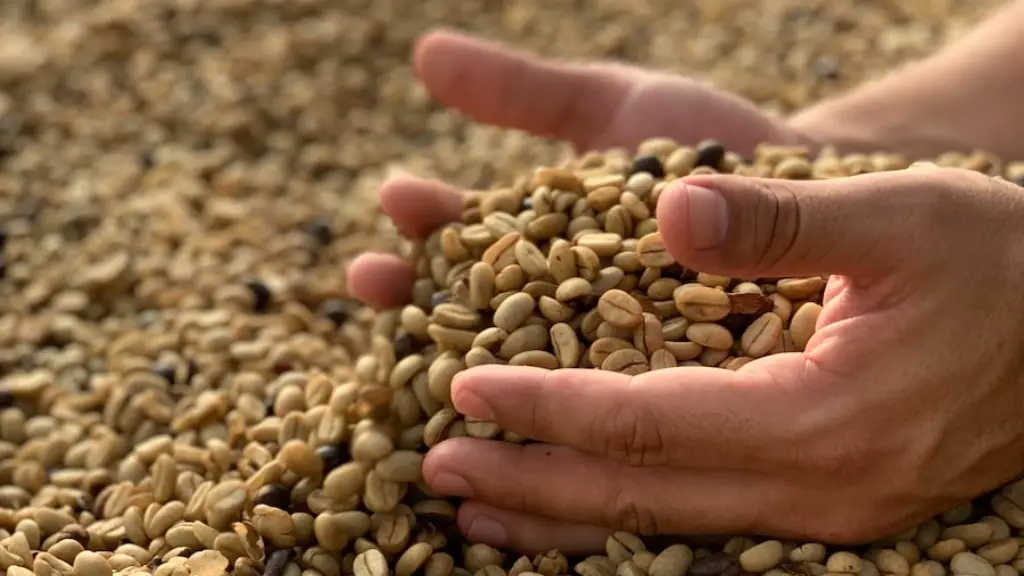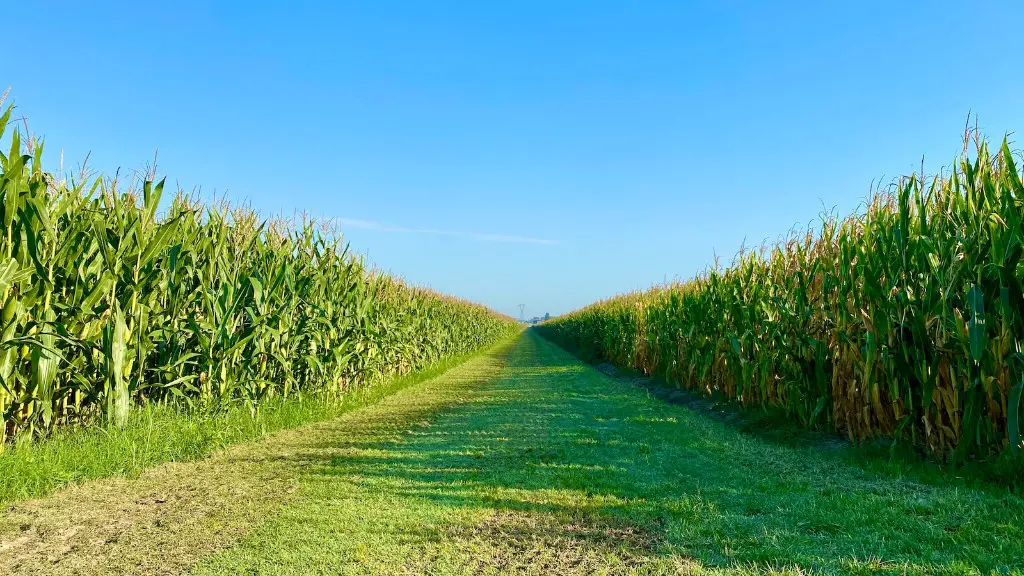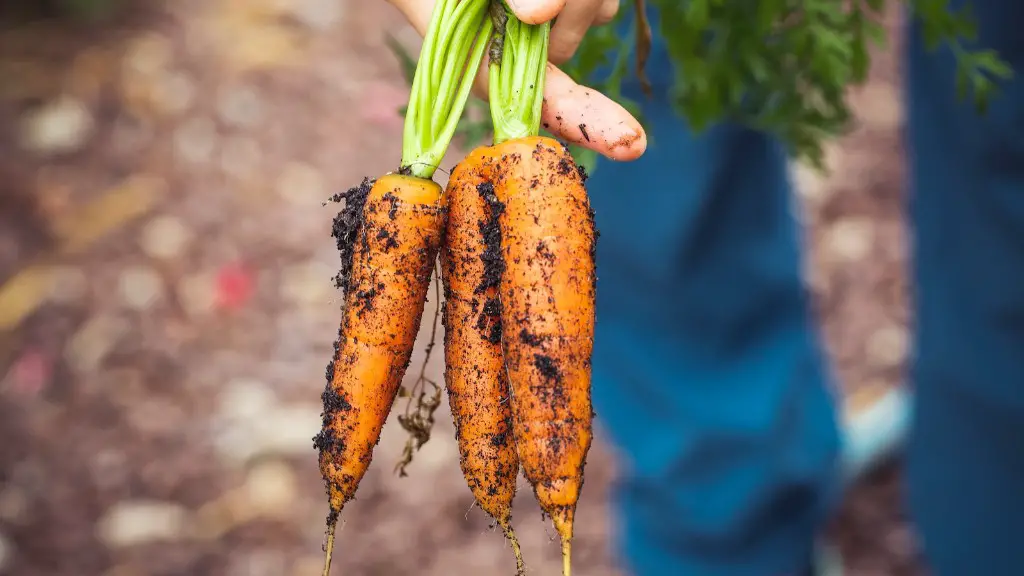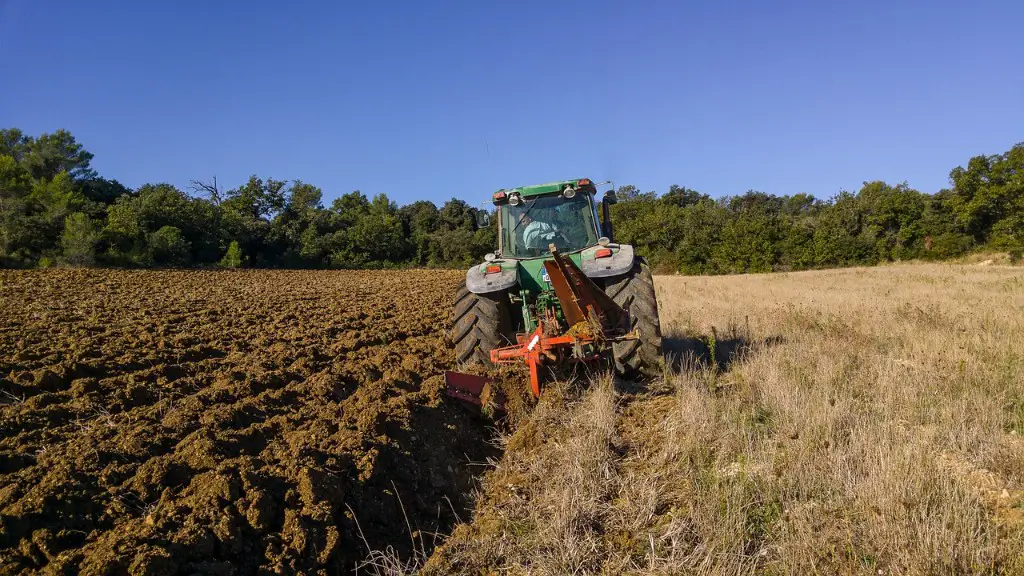Biodynamic agriculture is a type of organic farming that emphasizes the holistic development and management of agricultural ecosystems. It was first developed in the early 1900s by Austrian thinker Rudolf Steiner, who based it on his spiritual-scientific ideas. Biodynamic agriculture has since spread to many countries around the world, and is practiced by a small but growing number of farmers.
Biodynamic agriculture is a form of organic farming that emphasizes the holistic development and regeneration of the farm ecosystem. It is based on the philosophy of Rudolf Steiner, who believed that the health of the soil, plants, and animals is interconnected and that all life forms are interdependent.
What is meant by biodynamic agriculture?
Biodynamic agriculture is a type of sustainable agriculture that emphasizes the health of the entire ecosystem, including the soil, plants, animals, and humans. It is based on the belief that the farm is an autonomous and living organism that should be in balance with its environment.
Biodynamic farming is a type of organic farming that incorporates ideas about a vineyard as an entire ecosystem. It takes into account factors such as astrological influences and lunar cycles.
What is the meaning of biodynamic
This type of farming is based on the sustainable, holistic approach which uses only organic, usually locally-sourced materials for fertilizing and soil conditioning. The farm is viewed as a closed, diversified ecosystem, and often bases farming activities on lunar cycles.
Biodynamic agriculture is a type of sustainable agriculture that takes into account all of the natural factors that influence plant growth. This includes the climate, the inherent wildlife of the earth (above and below the ground), the light and warmth from the sun, and the more distant astronomical influences. By taking all of these factors into account, biodynamic farmers are able to create a more holistic and sustainable farm system.
Is biodynamic always organic?
Biodynamic wines are made using organic grapes, but they can contain up to 100 mg/L of added sulfites. This means that they are not necessarily natural wines, as sulfites can be used as a preservative.
In regards to the question of whether biodynamic farming practices can be considered vegan, the answer is no. Biodynamic processes, in principle, clash with the vegan principle of trying to avoid the use of animals for human use as much as possible.
Why is biodynamic better than organic?
Biodynamic farms are more efficient than traditional farms because they unite plants, animals, and soil together. This way they each support each other and create balance. Because of this, biodynamic farms can avoid issues such as nutrient deficiency.
The Biodynamic farming method is a sustainable, natural way of farming that protects the environment and produces healthy food. Biodynamic farmers avoid all synthetic chemicals, pesticides and fertilizers, and instead use farm-generated, living solutions to pest control and fertility. They also set aside a minimum of 10% of their total acreage for biodiversity. This helps to ensure that the food produced is healthy and nutritious, and that the farm ecosystem is protected.
Is biodynamic GMO
Biodynamic farming is a type of organic farming that emphasizes the use of local resources and traditional methods. It is adamantly opposed to genetically modified organisms (GMOs) in agriculture, gardening and food processing. International Biodynamic standards forbid the use of any GMOs and ingredients (including animal feeds) that would never occur in the natural world.
Biodynamic agriculture is a holistic, sustainable approach to farming that emphasizes the role of the farm as a living organism. Biodynamic farmers use compost, cover crops, and ecological pest management to build soil health and vitality, and special preparations to stimulate the roots and promote production of soil microorganisms and humus. This approach results in more resilient and productive plants, and a more diverse and abundant ecosystem.
What are the rules of biodynamic farming?
Biodynamic farmers take a holistic approach to their farms, treating them as self-sustaining ecosystems. Like organic farmers, they avoid synthetic chemical pesticides, synthetic fertilizers and GMOs. In addition, Biodynamic farmers focus on specific, farm-made solutions to pest control, soil health and fertility. By working with the natural rhythms of the land, they are able to produce healthy, nutritious food that is in harmony with the environment.
Biodynamic farming is a method of agriculture that focuses on making the soil healthy for growing plants, providing optimal vegetation conditions and ensuring careful harvesting. This type of farming produces better quality food because the plants are grown in ideal conditions and the nutrients in the soil are more easily absorbed by the plants. Additionally, biodynamic farmers take care not to over-harvest their crops, which can deplete the soil of nutrients and make it difficult for future crops to grow.
What is biodynamic vs regenerative farming
Regenerative farming is a type of agriculture that focuses on rebuilding the soil and restoring degraded soil biodiversity. Biodynamic farming is a type of regenerative practice, which is defined as a means to help reverse climate change by rebuilding soil organic matter and restoring degraded soil biodiversity.
Rudolf Steiner (1861-1925) was a highly trained scientist and respected philosopher who later in his life came to prominence for his spiritual-scientific approach to knowledge called “anthroposophy.” Long before many of his contemporaries, Steiner came to realize the importance of the spiritual in human life and the universe. In his later years, he developed the biodynamic approach to agriculture, which takes into account the spiritual forces at work in nature. The biodynamic approach is based on the principle that the health of the soil is essential to the health of the plant, and that the health of the plant is essential to the health of the animal or human being. This approach recognizes the interdependence of all life and the need to work in harmony with the forces of nature.
What is not generally used in biodynamic farming?
Biodynamics has much in common with other organic approaches – it emphasizes the use of manures and composts and excludes the use of synthetic (artificial) fertilizers, pesticides and herbicides on soil and plants.
This makes it a very effective and sustainable way to farm, as it helps to build up the soil’s fertility and health, and reduces the need for inputs from outside the farm.
Biodynamic farming and permaculture are both land management practices that emphasize sustainability and working with natural systems. They share a lot in common in terms of culture and approach, but there are also some key distinctions. Biodynamic farming has restrictions on chemical and intensive farming methods, while permaculture relies on good planning and the know-how and sensibility of the system’s farmers and communities. Both methods can be effective in promoting ecological balance and food security.
Warp Up
Biodynamic agriculture is an ecological farming system that was developed in the early 20th century. It is based on the spiritual principles of Rudolf Steiner, who believed that the health of the soil and the plants that grow in it are interconnected. Biodynamic farmers use a variety of techniques to promote healthy soil, including composting, crop rotation, and the use of certain herbal and mineral preparations.
Biodynamic agriculture is a type of sustainable agriculture that focuses on the health of the soil. It is based on the principles of Rudolf Steiner and works with the rhythms of nature. Farmers using this type of agriculture work to build soil fertility and maintain a healthy balance between the plants and animals on their farm.
